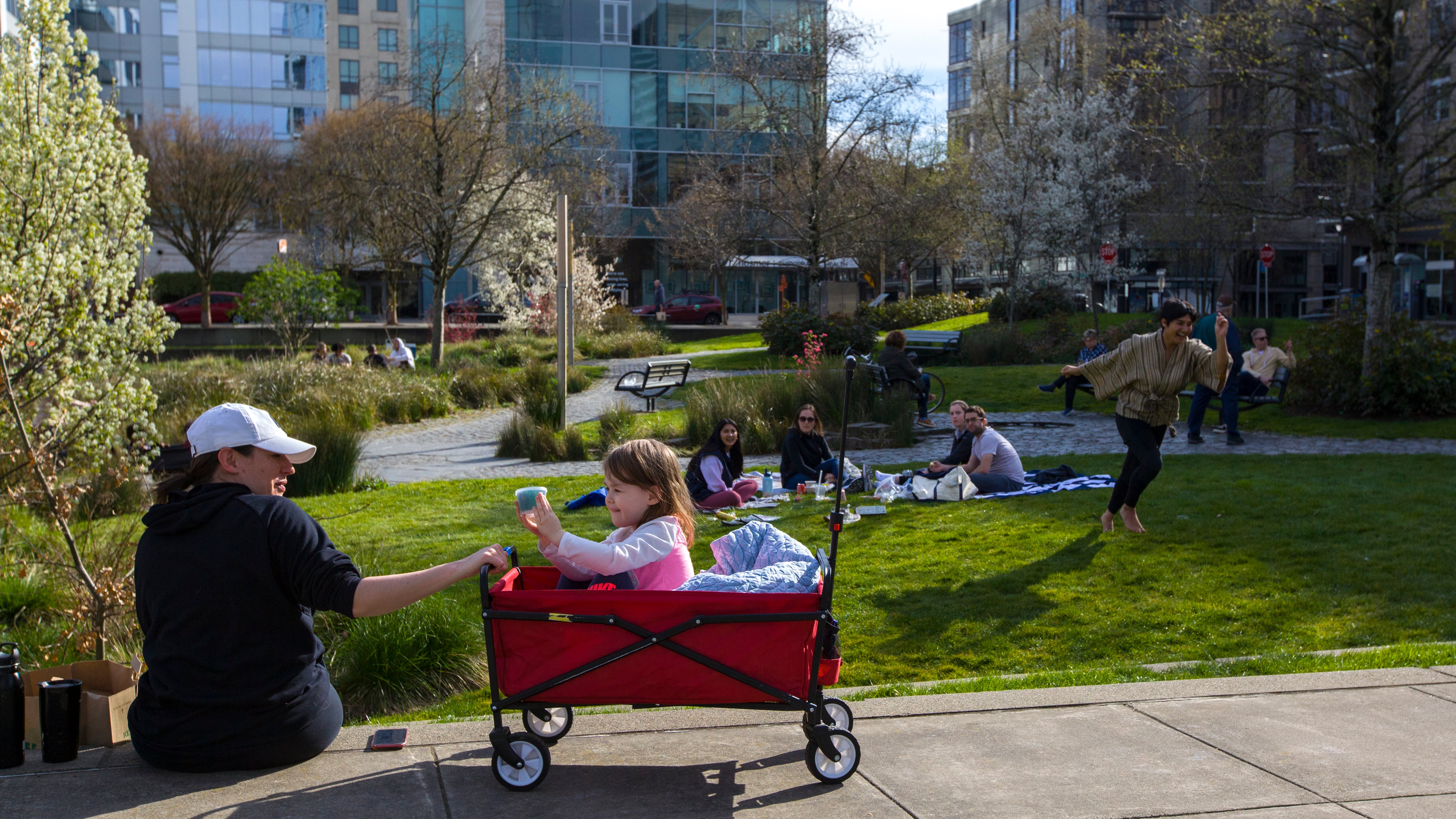The Oregon Department of Education has closed the state's online charter schools under Gov. Kate Brown's order to close public schools to halt the spread of COVID-19, according to a document obtained by WW.
"The governor's E.O. 20-08 closed all public charter schools as defined in ORS 338.005(2)," states a March 24 PowerPoint presentation to the state's school superintendents. "This definition includes virtual public charter schools."
Marc Siegel, a spokesman for the Oregon Department of Education, confirms that although Brown's order did not explicitly call for the closure of online charters, state education officials believe that is the intent of the governor's order.
"Executive Order 20-08 closed all public schools, including virtual charter schools," Siegel says in an email to WW. "Virtual public charter schools can continue to provide supplemental education and learning supports just as other public schools have been asked to do."
That guidance frustrates Marc Thielman, superintendent of the Alsea School District in Benton County, which sponsors an online charter school.
Thielman says under the ODE's guidance, online schools will be allowed to offer "supplemental" educational materials. That is far less substantive than their normal online curricula—a light snack instead of a full meal. Thielman says the policy needlessly deprives online charter students of a full education.
"As a parent, I don't want my kid doing supplemental work," Thielman says. "I want them in online courses, learning."
The ODE's Siegel says it is unclear exactly what effect "closure" will have on the state's online charter schools.
"Some may be able to provide their normal curriculum and some may not be," Siegel says. "Over the coming weeks as communities and schools continue to respond to the COVID-19 crisis, their instructional capability may strengthen or weaken depending on the school."
Oregon public schools, which serve about 580,000 students, are closed through April 28 as part of Gov. Brown's successive efforts to encourage people to stay home and to have limited contact with each other. Closing online charter schools wouldn't aid that effort, since the schools offer distance learning—but the state is doing it anyway.
Online charter school leaders say they are confused by ODE's March 24 guidance document since they did not think Brown's shutdown order applied to them.
"We are hearing from sources that allowing online charters schools to stay open during the crisis was in error," said Gary Tempel, superintendent of the Scio School District, in a statement. Scio sponsors Willamette Connections Academy, an online charter. "Families make the decision to do online learning for many reasons and did so long before the crisis began. I hope that we will be able to honor the choices that families have made and not punish them."
"School districts like ours that offer online education are hoping for clear guidance from the Department of Education so families know what to expect moving forward," added Todd Miller, superintendent of Santiam Canyon School District, which sponsors a charter for Oregon Connections Academy. "Virtual schools have proven they can provide a safe learning choice for many families across Oregon over the years, and it seems logical they should continue to serve students at home during this emergency situation."
Nearly 13,000 K-12 students in Oregon received instruction through online charters in 2018-19, according to state figures. (Private online schools also serve Oregon students. Like brick-and-mortar private schools, private online schools are not subject to the governor's order.)
Thanks to the statewide shutdown, those online charters now offer teaching that Oregon's public schools cannot.
The Oregonian previously reported that online instruction is unlikely to become available to all public school students, given that districts are unprepared to serve all students, including those that speak other languages or have special needs.
One potential concern for school districts: Because online charter schools already have fully developed curricula that can serve idle students right away, parents of children who attend brick-and-mortar schools might be inclined to transfer their students to the virtual schools.
That could have budget consequences for traditional schools because they are funded based on enrollment. If enrollment goes down, funding goes down as well.
The ODE memo explicitly calls out that problem.
"Enrollment of new students to virtual public charter schools during the closure would impact school funding for districts across Oregon and therefore may impact the distribution of state school funds and delivery of services as directed under the executive order," the department said in its guidance to districts.
Nationally, online charter schools have an uneven record for quality, but they also represent a threat to teacher unions and have been a hot-button political issue since their creation.
Supporters worry politics may be putting online charter students at a disadvantage.
"The last thing we need," says Alsea's Thielman, "is for leadership in the states and the federal government to politicize this."
This story has been updated with additional and clarifying comments from the Oregon Department of Education.
